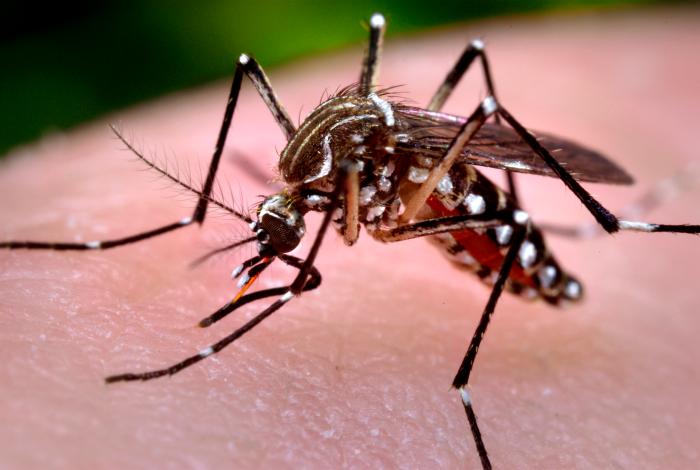The risk for Zika infection, particularly in pregnant women, has many people taking stands on travel and events to areas where Zika is prevalent, and even to places where local Zika has yet to be seen.

The debate about whether it is safe to hold the Summer Olympics in Rio de Janiero continues to rage on with scores of experts advising the games be postponed or moved.
Miami Marlins and Pittsburgh Pirate baseball players, who were scheduled to play today and tomorrow in Puerto Rico, had the games relocated to Miami due to players not wanting to risk contracting the mosquito borne virus.
USA Swimming decided to move their pre-Olympic training from Puerto Rico to Atlanta due to the large presence of Zika on the island.
Now, a professor from the prestigious London School of Hygiene & Tropical Medicine is advising pregnant women to “think twice” if travelling to certain parts of the US, including Florida.
LSHTM scientist, Prof Jimmy Whitworth has been quoted in a number of British publications spreading the word that pregnant women and those trying for a baby should beware of the dangers posed by the Zika virus when planning trips this summer.
Prof Whitworth told The Mail on Sunday: Pregnant women and those trying for a baby ‘need to consider their plans and, if there is an alternative to going to those parts of the US, strongly consider it’.
 To date, Florida has reported 123 imported Zika virus cases plus another 37 in pregnant women in 19 counties. Nationally, nearly 600, all travel-associated, Zika cases have been reported in the US.
To date, Florida has reported 123 imported Zika virus cases plus another 37 in pregnant women in 19 counties. Nationally, nearly 600, all travel-associated, Zika cases have been reported in the US.
In March, researchers at the National Center for Atmospheric Research (NCAR) reported that the Aedes aegypti mosquito, which is spreading the virus in much of Latin America and the Caribbean, will likely be increasingly abundant across much of the southern and eastern United States as the weather warms.
In addition, they said by analyzing travel patterns from countries and territories with Zika outbreaks, the research team further concluded that cities in southern Florida and impoverished areas in southern Texas may be particularly vulnerable to local virus transmission.
Related:

